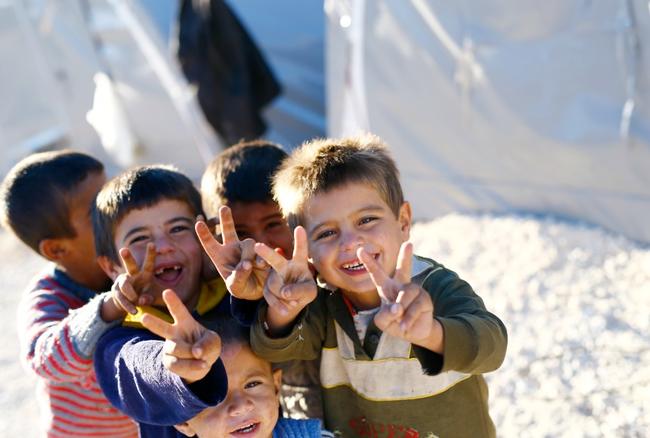- ImpactWe help parliaments to become greener and to implement the Paris agreement.We support democracy by strengthening parliamentsWe work to increase women’s representation in parliament and empower women MPs.We defend the human rights of parliamentarians and help them uphold the rights of all.We help parliaments fight terrorism, cyber warfare and the proliferation of weapons of mass destruction.We encourage youth participation in parliaments and empower young MPs.We support parliaments in implementing the SDGs with a particular focus on health and climate change.
- ParliamentsNearly every country in the world has some form of parliament. Parliamentary systems fall into two categories: bicameral and unicameral. Out of 190 national parliaments in the world, 78 are bicameral (156 chambers) and 112 are unicameral, making a total of 268 chambers of parliament with some 44,000 members of parliament. IPU membership is made up of 180 national parliaments
Find a national parliament
We help strengthen parliaments to make them more representative and effective.. - EventsVirtual eventThe International Court of Justice (ICJ) was constituted under the United Nations Charter to help nations settle disputes peacefully in accordance with international law.
- Knowledge
Discover the IPU's resources
Our library of essential resources for parliamentsGlobal data for and about national parliamentsLatest data and reports about women in parliamentResolutions, declarations and outcomes adopted by IPU MembersRecent innovations in the way parliaments workThe latest climate change legislation from the London School of Economics' database
Refugees and Internally Displaced Persons
Every year many millions of people around the world are uprooted from their homes by conflict, persecution, human rights violations, climate change and natural disasters. Displacement either within or outside of national borders is one of the world’s most intractable humanitarian and developmental problems.
More people are displaced now than during World War II. The United Nations estimates there are about 60 million refugees and internally displaced people in the world.
The scale of this global crisis is staggering. Meeting the needs of displaced people and resolving the political and natural crises that caused them to flee is a hugely challenging and complex task. The countries concerned may lack the resources and stability to assist or deliver change.
Internally displaced people and refugees face many challenges beyond their basic humanitarian needs, including being at risk of major human rights abuses. Protecting them involves building peace, developing democracy and enhancing national stability, as well as providing food, water and shelter.
Parliaments and MPs have a vital role to play providing protection through the adoption and implementation of international agreements such as the 1951 Refugee Convention, and laws specific to their own countries.
Our Committee to Promote Respect for International Humanitarian Law plays a key role in this work, assessing where parliaments need to adopt, implement and honour international treaties and obligations, or introduce national legislation.
Our handbooks for parliamentarians on internal displacement and refugee protection, produced with UNHCR, provide essential information on what parliaments and parliamentarians can do to tackle these issues.

Photo: © Reuters




